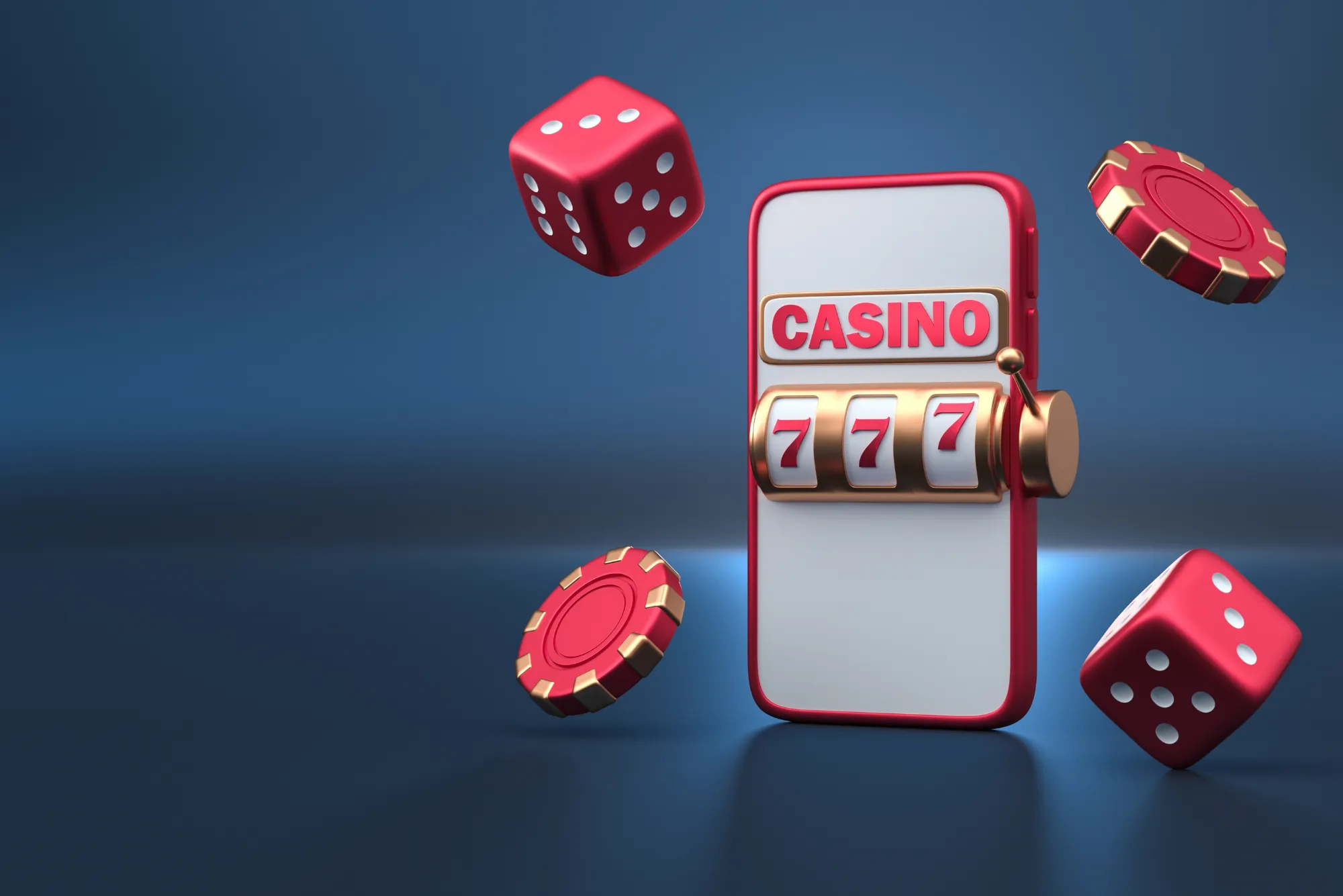Crypto casinos crept into my life the same way they did for many players: I wanted faster payouts, fewer hoops, and a bit more privacy than my bank was willing to grant. One late-night Bitcoin deposit turned into a rabbit hole of blockchain-based games, provably fair algorithms, and communities swapping tips on Telegram instead of Facebook. Today, crypto casinos aren’t a quirky niche—they’re reshaping expectations about speed, transparency, and control. But are they genuinely transforming online gambling, or just rebranding old habits with shiny tech? Let’s unpack that honestly.
From Card Details to Wallet Addresses: What Really Changed
Traditional casinos ask for card numbers, bank transfers, and sometimes days of waiting just to see your own money again. Crypto casinos flip that flow. You send funds from a wallet you control, often in minutes, and the site pays you back the same way. There’s no intermediary to decline a withdrawal because “it looks suspicious.” There’s also no banking clerk to rescue you if something goes wrong. That double-edged sword—freedom plus self-responsibility—is the defining trait of crypto gambling.
I felt the shift most in my first big withdrawal. Instead of a pending transaction stuck in bureaucratic limbo, I watched confirmations tick up on a blockchain explorer. No emails, no “please verify your utility bill.” It spoiled me for anything slower. That’s why players who prize speed often lump crypto casinos together with fast withdrawal betting sites UK—even though one is fiat-focused and the other crypto-first, the end goal is the same: get your winnings now, not next week.
Speed, Privacy, and the Illusion of Anonymity
Crypto promises privacy, but it doesn’t guarantee anonymity. Blockchains are transparent ledgers. Once your wallet is linked to your identity—through an exchange KYC, an IP address, or a careless leak—the trail is permanent. Still, you do skip the intrusive data grabs many fiat casinos require. That’s liberating if you value discretion or live in a region where banking partners frown on gambling transactions. Just remember: if the casino itself is sketchy, privacy won’t save you from slow-pay or no-pay headaches. Vet licensing, read player forums, and try small withdrawals first.
“Provably Fair”: Marketing Buzzword or Real Edge?
One of crypto casinos’ headline innovations is provably fair gaming. In simple terms, you can verify that game outcomes weren’t tampered with because the seed—cryptographic inputs that determine results—is shared or hashed in a way you can audit. It’s a genuine leap in transparency compared to black-box RNG claims from some older platforms. But there’s a catch: most players never actually verify the math. If you’re not checking seeds and hashes, the feature might as well be a fancy label. For hardcore fairness nerds, though, it’s gold.
Regulation: Wild West or Just a Different Sheriff?
Crypto casinos often operate under looser or alternative licenses (think Curaçao, Anjouan, Kahnawake). That can mean friendlier bonuses, fewer geo-restrictions, and faster signups. It can also mean murky dispute resolution. When you’re outside the UKGC or MGA ecosystem, you lose the comfort of a strong regulator ready to intervene. Some crypto platforms self-regulate with public audits, transparent bankrolls, or community-driven watchdog groups. Others hide behind anonymity. I treat crypto sites like any offshore venue: assume nothing, test everything.
Community Culture: Discords, Telegrams, and Tip Bots
Unlike traditional casinos that funnel support into ticket systems, crypto platforms often live in chat servers. I’ve gotten faster help from a mod on Telegram than from some “24/7 live chat” boxes. Players tip each other with micro-transfer bots, share bonus codes, and collectively track payout speeds. That community vibe can be a huge plus—but it also spreads misinformation at light speed. Always double-check “hot tips” with official T&Cs and your own experiments.
Payout Tokens and Volatility: Your Winnings Can Shrink Overnight
Winning 0.02 BTC feels incredible until Bitcoin drops 10% before you cash out. Conversely, a bull run can turn a modest win into a payday. Crypto volatility adds an extra gamble on top of the game itself. Stablecoins (USDT, USDC, DAI) can cushion that, but they come with their own counterparty and regulatory risks. I’ve started converting big wins to a stablecoin or even fiat quickly, then playing future sessions with a set crypto bankroll to avoid emotional whiplash.
UX Evolution: Slicker Front Ends, Deeper Back Ends
Crypto casinos, especially newer ones, tend to be built by devs who understand modern UX. Interfaces feel more like fintech apps than clunky flash lobbies. Deposits auto-detect confirmations, balances update instantly, and some even show on-chain proofs of reserves. Behind the scenes, smart contracts can automate jackpots or escrow pools. We’re still early, but the direction is clear: less trust-me text, more verifiable code.
Responsible Gambling in a Trustless World
Here’s the downside: the same frictionless flow that makes crypto gambling convenient can also accelerate problem play. Instant deposits, instant withdrawals, minimal KYC—it’s a dream for impulse bettors and a nightmare for self-control. Some crypto casinos offer self-exclusion and cool-off tools, but enforcement depends on the operator’s goodwill. There’s no central scheme like GamStop to slam the brakes for you. If you’re vulnerable to binge sessions, consider wallet-based limits: keep only what you can afford to lose in your hot wallet and lock the rest in cold storage that takes effort to access.
Hybrid Models: Fiat On-Ramps, Crypto Off-Ramps
Many “crypto” casinos now accept Visa, Apple Pay, or open banking for deposits, then convert to crypto behind the scenes. Conversely, fiat sites bolt on BTC or USDT withdrawals to keep up with demand. The lines are blurring. What matters to you is the combo of speed, fees, and trust. I’ve used hybrids where I deposit via card for convenience and withdraw in crypto for speed. Just scrutinize conversion rates—some sites sneak in fat spreads when auto-swapping currency.
Taxes, Tracking, and the Paper Trail You Didn’t Think About
Winning in crypto doesn’t mean tax-free. In many jurisdictions, you still owe tax on gains, and every conversion can be a taxable event. Keep records: tx hashes, timestamps, amounts at deposit/withdrawal, and fiat values at the time. A basic spreadsheet or portfolio tracker will save you from future headaches—or worse, penalties. The “crypto is invisible” myth died years ago; plan like an adult.
Are Crypto Casinos Safer or Riskier?
They’re safer if you prioritize speed, control over funds, and transparent math—and you choose reputable platforms. They’re riskier if you rely on regulators to protect you, expect refunds when you mess up a transfer, or play emotionally without hard limits. In other words, crypto casinos magnify your habits. Good habits get rewarded with autonomy. Bad habits get punished quickly.
My Playbook for Crypto Gambling Without Drama
I treat every new site like a beta test: small deposit, small withdrawal, verify speed, check fees. I keep a “hot” wallet for gambling and a “cold” wallet for savings. I convert big wins to something stable fast, then decide later if I want to speculate. I use community chats for quick answers but confirm everything against the site’s official docs. Most importantly, I decide my stop-loss and stop-win numbers before I log in, because once adrenaline kicks in, rational limits evaporate.
So…Are Crypto Casinos Changing Online Gambling?
Absolutely—but not by reinventing the games. Slots still spin. Roulette still rolls. The change is in the rails: money moves faster, proofs are verifiable, identities are less exposed, and power shifts slightly from institutions to individuals. That shift attracts a certain kind of player—the one who values autonomy over hand-holding. If that’s you, crypto casinos will feel like the future. If you prefer structured protection and a clear authority to escalate complaints to, they may feel like a minefield.







